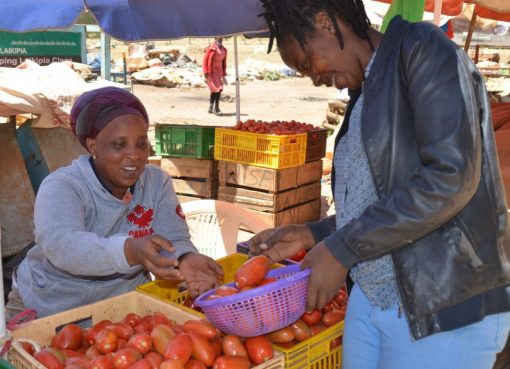The Intergovernmental Authority on Development (IGAD) Member States have adopted the Omo-Turkana Basin Fisheries Co-Management Plan that will give birth to sustainable management and development of the fisheries sector in Kenya and Ethiopia.
IGAD Head of Mission for Kenya, Dr. Fatouma Adan, said the plan aims at ensuring that fisheries exploitation, equitable access to fisheries resources, and efficient fisheries utilisation was realised through collaboration and communication among key stakeholders in the IGAD region.
Dr. Fatouma further said IGAD was one of the agents implementing regional economic community ECOFISH project that will see the Omo-Turkana Basin Plan boost climate smart and gender responsive to socioeconomically equitable and ecologically sustainable fisheries development and management in the two basins.
This she added will be realised through provision of support to fishing communities and fisheries managers to facilitate active participation and engagement in the fisheries management.
While acknowledging that IGAD region had diverse fish resources with immense potential and opportunities for contributing significantly to the socio-economic growth of Africa and improving livelihoods of its citizens, Dr. Fatouma regretted that the potential was underutilised due to lack of knowledge-based utilisation and management, including sustaining of food safety standards of the products.
She lamented that IGAD Member State communities and development partners have continually overlooked fish resource potential and its contribution to resilience, food security and livelihood diversification in Arid and Semi-Arid Lands (ASALs) areas resulting in the low fish production.
Fatouma, however, was contented that the fisheries sector in a section of member countries had been recognised as one of the important growth sectors in the region contributing to accelerated economic growth and development, income generation, nutrition, employment and export earnings and overall food security.
Dr. Fatouma who was speaking in Naivasha during a National Consultative Workshop for adoption of the Omo-Turkana Fisheries Basin Plan, voiced the need for increased fish production and value addition owing to high domestic market demand for fish which she said could contribute to improved domestic nutrition, offer good trade opportunities at the global, regional and intra-regional levels.
The Head of Mission who was representing IGAD Executive Secretary, Workneh Gebayehu, urged the Member States to address issues of limited policies, high post-harvest loss, lack of appropriate and efficient fishing equipment, difficult access to markets and lack of promotion of fish as an excellent source of animal proteins which she cited as major constraints to sustainable small-scale fisheries production in the IGAD region.
She also advised the Member States to look into the issue where most of fishery activities were being focused on inland waters located in the highlands and highly populated areas despite the existence of huge and trans-boundary Rivers which have high fisheries potential and which are found in the lowlands.
According to IGAD records, the Fisheries Co-management Plan was developed and draft technical approved for Baro-Akobo-Sobat River Basin (BASRB) River Omo and Lake Turkana transboundary fisheries management courtesy of the African Development Bank financial support and validated on August, 2019 in Bishoftou, Ethiopia.
By Esther Mwangi and Erastus Gichohi



